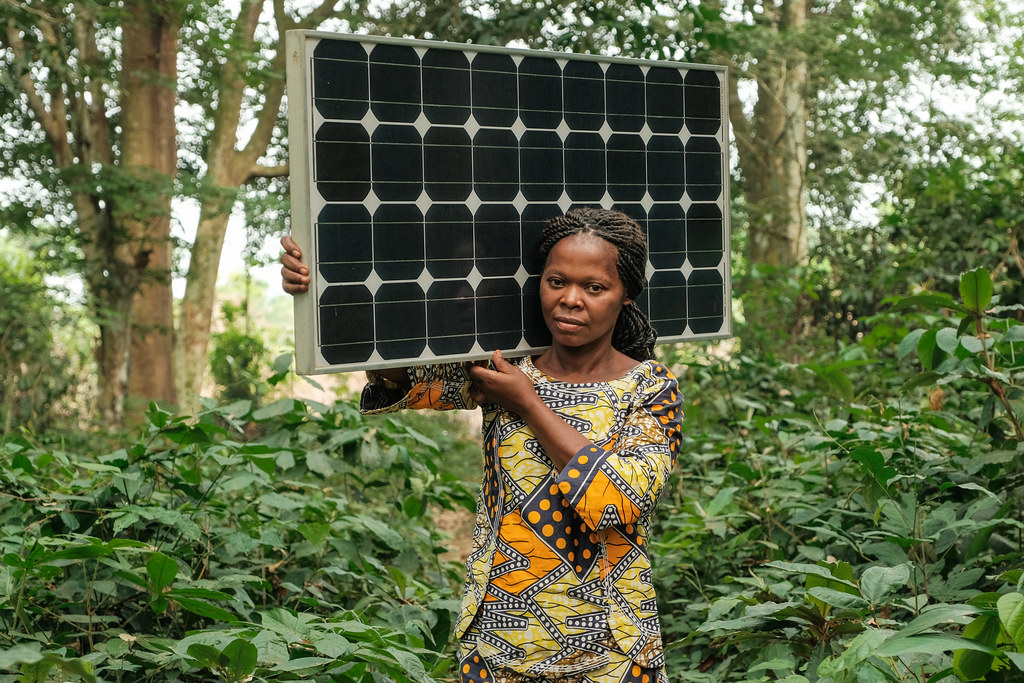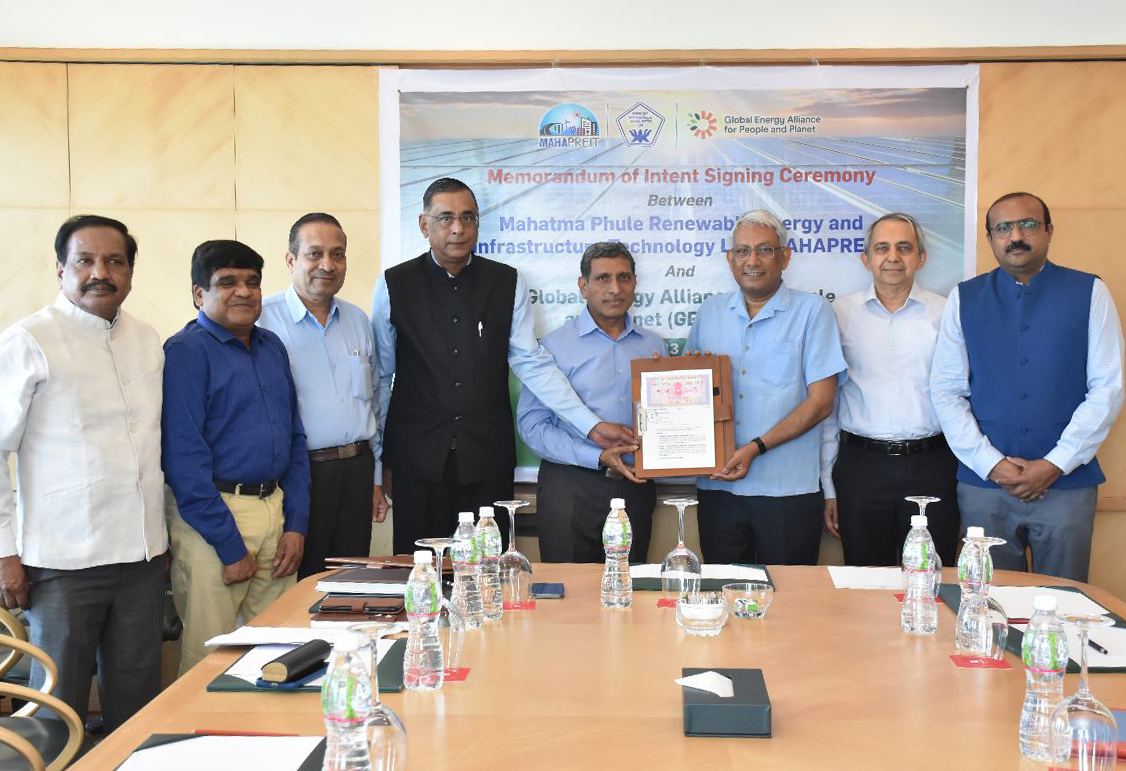Empowering women to accelerate clean energy transitions
Diversity is a key driver of innovation and progress. Despite the renewable energy sector holding vast potential for women’s participation, evidence reveals an ongoing under-representation of women across the renewable energy value chain. In a study conducted by the International Energy Agency across 29 countries in 2019, it was found that on an average, there are 76% fewer women than men working in the energy sector, a significant difference from the average 8% gap seen in the total workforce, according to data from the previous year.
According to a study by the McKinsey Global Institute, empowering women to participate in India’s economy on an equal basis with men would add $3 trillion to the nation’s economy by 2025. Moreover, the potential to achieve significant socio-economic benefits would be unlocked by complementing energy plans with essential resource support, including access to efficient appliances, financing, and livelihood opportunities. However, women represent a mere 11 percent of the workforce in India’s renewable energy sector, significantly lower than the global average of 32 percent.
Private sector support
Private players in the renewable energy sector can play a crucial role by cultivating a culture that prioritizes gender responsiveness in the workplace. Embracing impactful strategies that promote gender equity, such as inclusive hiring policies spanning the entire value chain, including leadership positions, will greatly contribute to fostering structural reforms. Companies can address gender gaps through strategic efforts such as conducting gender-related opportunities and risks assessment to highlight socio-economic and environmental factors that influence a renewable energy project. Some of these factors include the availability of a gender to participate in project activities, women’s mobility and expected changes in their workload. Integrating gender equality as a strategy driven by investors can empower renewable energy companies to excel in environmental, social, and governance (ESG) metrics.
Women at the grassroots level
Speaking at a recent event, Union Power and New & Renewable Energy Minister RK Singh highlighted the role of women in combating climate change and emphasized the significance of developing women-centric policies and implementation frameworks in the renewable energy sector. Significant, large-scale initiatives are essential to equip women with the necessary training and skills to actively participate as energy professionals in emerging sectors. These efforts are crucial for narrowing the gender diversity gap, fostering greater inclusivity, and ensuring women’s meaningful engagement in the rapidly evolving energy landscape. The skilling of women, particularly in the Science, Technology, Engineering, and Mathematics (STEM) fields, holds utmost importance. This is crucial due to the high-skilled nature of most renewable energy jobs, which necessitate proficiency in STEM disciplines. Empowering women with STEM education and training is vital to ensure their active participation in the renewable energy sector.
Government support in the renewable energy sector
To bolster women in the energy sector, the Indian government has implemented several initiatives, including the Women’s Empowerment Scheme. This scheme aims to offer skill development and training programs, enabling women to thrive in the renewable energy sector. In addition, the government has introduced a range of policies and incentives aimed at promoting women’s involvement in the energy industry. One such example is the provision of subsidies targeted at solar home systems installed by women.
***
Inclusive decision-making processes that incorporate multiple perspectives results in more comprehensive and sustainable outcomes. Women leaders with diverse backgrounds bring valuable perspectives that can shape policies and strategies, placing a strong emphasis on clean energy and environmental stewardship. As role models, women leaders possess the power to inspire and motivate other women to pursue careers in the energy sector, transcending traditional gender barriers and thereby creating a pro-active generation to continue the transition to clean energy solutions.



